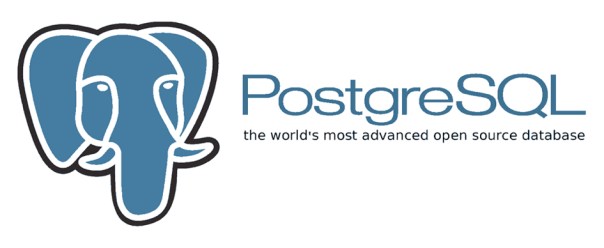One of the attractive things of my job is this… Just a bit more often than every now and then, you get the opportunity to get out and meet people to talk about Postgres. I don’t mean the kind of talk I do every day, which has more of a commercial touch to it. – Don’t get me wrong, that is very important too! – But I mean, really talk about PostgreSQL, be part of the community and help spread the understanding of what open source database technology can do for companies. Running implementations, either small or large, trivial or mission critical…
This past week was one of those weeks.
 I got to travel through Germany together with Mr. Bruce Momjian himself. Bruce is the one of the most established and senior community leaders for Postgres. Bruce is also my colleague and I would like to think I may consider him my friend. My employer, EnterpriseDB, gives us the opportunity to do this. To be an integral part of the PostgreSQL community, contribute, help expand the fame of Postgres, no strings attached. Support the success of the 30 to 40,000 engineers creating this most advanced open source RDBMS.
I got to travel through Germany together with Mr. Bruce Momjian himself. Bruce is the one of the most established and senior community leaders for Postgres. Bruce is also my colleague and I would like to think I may consider him my friend. My employer, EnterpriseDB, gives us the opportunity to do this. To be an integral part of the PostgreSQL community, contribute, help expand the fame of Postgres, no strings attached. Support the success of the 30 to 40,000 engineers creating this most advanced open source RDBMS.
The week started with travel, and I got to Frankfurt. Frankfurt will be the proving ground for the idea of a pop-up meet-up. Not an EDB-marketing event or somewhere where we sell EnterpriseDB services, but allow anyone just to discuss PostgreSQL.
We will be in a city, in a public place, answering questions, discussion things or just relax with some coffee. Purpose is to show what the PostgreSQL community is all about, to anyone interested!
The first day in Frankfurt, we spent at the 25hrs hotel. We had some very interesting discussions on:
- Postgres vs. Oracle community
- Changing role of DBA:
- The demise of the Oracle DBA
- RDBMS DBA not so much
- Risk management
- “Data scientist”
- Significance of relational growing again
In the afternoon we took the Train to Munich, which was a quick and smooth experience. Munich would be the staging ground for a breakfast meeting, or a lunch… or just say hi.
Bruce and I spend the day discussing:
- How to go from using Postgres as replacement of peripheral Oracle to Postgres as replacement for all Oracle
- Using Postgres as polyglot data platform bringing new opportunities
After the meet-up we headed to Berlin training towards the final two events of this week. We spent Thursday teaching the EDB Postgres Bootcamp, having a lot of fun and absolutely not sticking to the program. With Bruce here, and very interesting questions from the participants, we were able to talk about the past and the future of Postgres and all the awesome stuff that is just around the corner.
We spent Thursday teaching the EDB Postgres Bootcamp, having a lot of fun and absolutely not sticking to the program. With Bruce here, and very interesting questions from the participants, we were able to talk about the past and the future of Postgres and all the awesome stuff that is just around the corner.
Friday morning started with a brisk taxi-drive from Berlin to the Müggelsee Hotel. And, if you happen to talk to Bruce, you simply must ask him about this taxi-trip 😉
pgconf.de ended up being a superb event with a record breaking number of visitors and lost of interesting conversations. You will find loads of impressions here!
I got to meet a great number of the specialists that make up the Postgres community:
Andreas ‘Ads’ Scherbaum
Devrim Gündüz
Magnus Hagander
Emre Hasegeli
Oleksii Kliukin
Stefanie Stölting
Ilya Kosmodemiansky
Valentine Gogichashvili
I am already looking forward to the next Postgres events I get to attend… pgconf.de 2019 will in any case happen on the 10th of May in Leipzig.
It would be super cool to see you there, please submit your abstracts using the information from this page!





